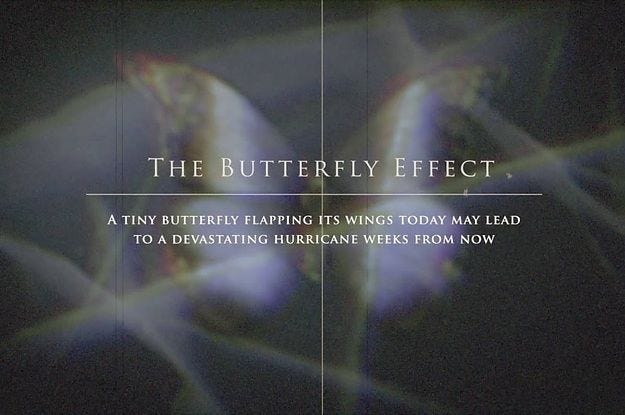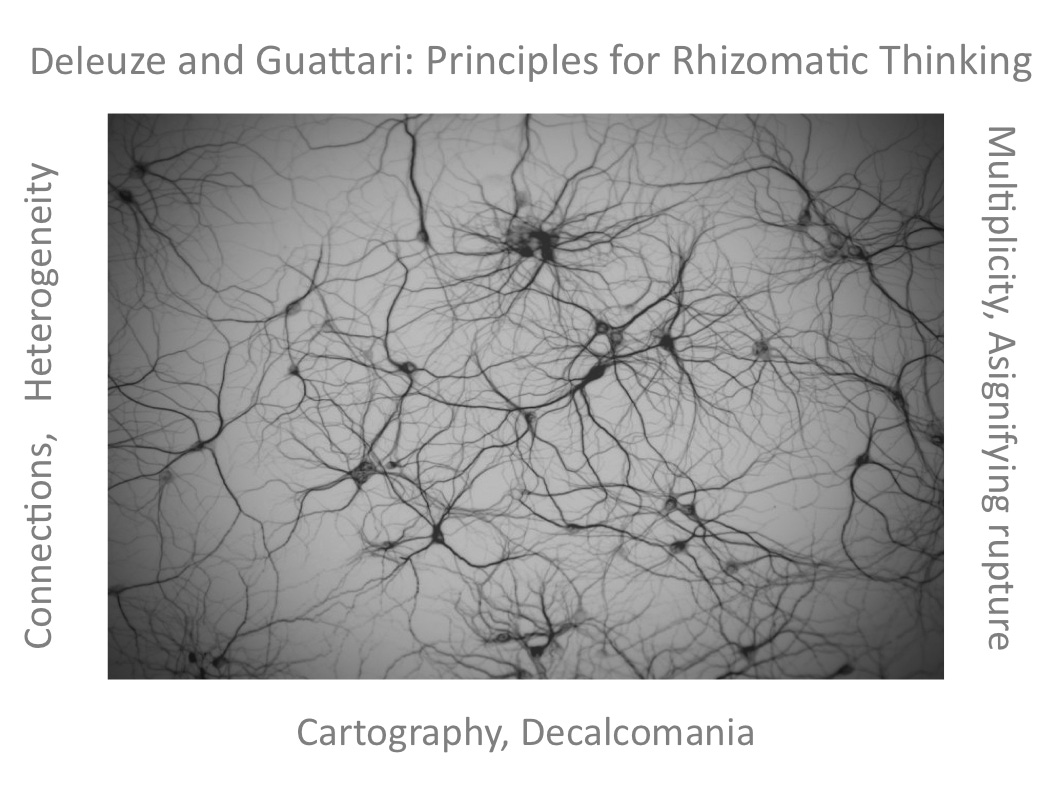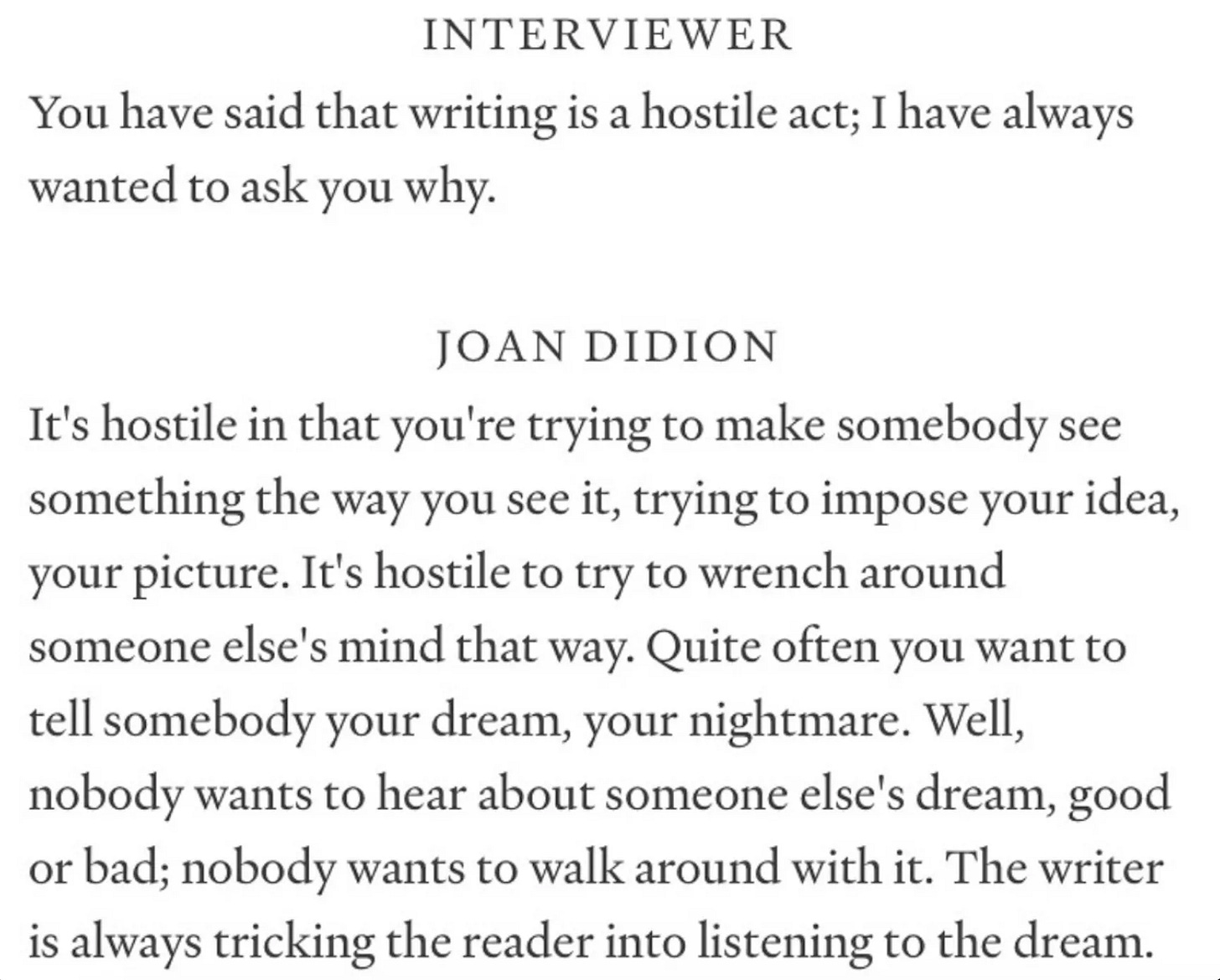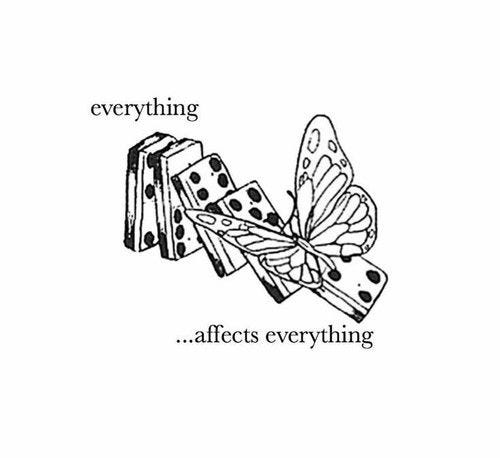“Words are events, they do things, change things. They transform both speaker and hearer; they feed energy back and forth and amplify it. They feed understanding or emotion back and forth and amplify it.”
―Ursula K. Le Guin, The Wave in the Mind: Talks and Essays on the Writer, the Reader and the Imagination
A sentence can shift a life
A friend, A, recently asked me: Do you ever think about how much your Substack posts and tweets ripple into the culture? Like, if you get one person to pay closer attention to lyrics, their life changes a bit. Then someone around them changes. And so on.
I do think about this sometimes.
I don’t have a huge audience, but I often wonder what traces my words leave behind in people’s minds. The analytical part of me wishes there were a way to measure it, perhaps some kind of dashboard that could say:
This sentence made someone look up that band. That paragraph made someone cry and call their sister. That metaphor nudged a quiet belief in love, and three months later, that belief opened something in them when they met the person they’d been waiting for.
But no such dashboard exists (yet). Most of the time, we have no idea if our words changed anything, if they sparked a thought, softened a belief, or nudged someone closer to something good. That’s fine, but it also means we tend to vastly underestimate our impact, because every word carries weight and every word lands somewhere.
The impact of words is easy to see with well-known artists. We all understand how powerful their words can be - how a single lyric, line, or scene from someone like Frank Ocean, Phoebe Bridgers, or Ursula K. le Guin can ripple through culture, shape moods, inspire tattoos, or make people cry in their cars. The feedback loop is strong and visible.
But when you’re just a regular person, without millions of listeners or followers, you don’t often get that kind of reflection. The ripples are quieter and the feedback is slower, if it comes at all. That doesn’t mean the effect isn’t there, but it becomes harder to notice.
Infinite butterfly effects
The thing is, even if you don’t think you have an audience, you do. We all have audiences.
You might not have a Substack. In fact, you might not post on social media at all - maybe you prefer to observe, to scroll quietly, to keep your thoughts to yourself.
But as long as you’re engaging with the world in any way, talking to a friend, replying in a group chat, venting during a walk, you’re shaping the space around you. You’re making micro-impressions all the time. Someone is always listening, even if they don’t respond. Someone is always remembering.
We tend to underestimate how powerful exposure is. Beliefs don’t usually shift all at once, but a single interaction can change the emotional weather. Ideas accumulate and exposure stacks. And sometimes, months later, someone recalls a passing thing you said, and something quietly, irrevocably, clicks.
This is the butterfly effect, but internal, in action. A casual comment, a stray sentence, something said without thinking can echo in someone’s mind, shift a decision, open a door. You might never know it happened, but the effect remains.
Ideas rarely move linearly. They spread in unpredictable, branching ways - rhizomatically (a new word I discovered yesterday, which I love).
Deleuze and Guattari’s concept of rhizomatic thinking, inspired by the structure of the botanical rhizome, sees ideas as a tangled, living web. It’s a framework that values multiplicity, decentralisation, and endless connection, where thoughts spark laterally, skip steps, or loop back on themselves in strange and beautiful ways. Like roots weaving underground, or fungal networks beneath the forest floor, one idea can quietly connect to another, and another, across time and context, surfacing later in completely unexpected way, transformed but still recognisably alive.
We’re porous, whether we like it or not. The ideas we carry are absorbed, echoed, reshaped, passed between us like air.
Every comment, every conversation, is a signal. Speaking is like striking a chord, you never know where the sound will reverberate. You send it out into the noise, and maybe it echoes somewhere unexpected, resonating in a hallway you’ll never walk through, in a mind you’ll never meet.
thisisahappypage
I think I’ve always sensed this, even before I had the language for it.
When I was a teenager, I noticed there was a huge Instagram account called sadquotepage with millions of followers, sharing melancholic quotes about heartbreak, detachment, and loneliness. While I don’t want to dismiss the importance of articulating sadness, I was struck by how easily it enabled people to wallow. There didn’t seem to be an equivalent voice for hope.
So I started my own account: thisisahappypage (still up, though now inactive). It was simple, sharing uplifting quotes, gentle nudges toward softness, light, resilience. The goal was to carve out a small emotional counterweight, to make a space where it was safe to believe things could get better.
Looking back, it was an early experiment in influence and s soft rebellion against passivity. The page was a belief that even if just five people saw something different that day, it was worth it. This belief carries me to share here, even if 4 people read this post, and they’re my best friends (hey A and E) and family.
A beautiful domino
I think this can be a beautifully empowering truth to really internalise:
We all possess a quiet, tremendous power to reshape reality - ours and others’.
Starting discourse, whether through writing, speaking, posting, or simply naming something out loud, can feel like nudging the first domino. You never know how far the ripple will travel, but it will travel. Some words go further than others, of course. But they all go somewhere.
That’s what excites me most. One of my personal quests with this blog is to encourage people to create and to love. That’s it. If I can inspire someone to express themselves more freely, or to open their heart, to art, to others, to possibility, then it’s all worth it.
And I’ve already seen glimmers of that ripple. After I published my post everyone should start a blog (yes, including you), nine people, including friends, acquaintances, and strangers, told me it helped them start writing. Five told me they launched a blog because of it. Some readers also told me my post on the intelligence of desire made them feel more open, or made them long for a crush again, or made them believe in something warmer than detachment.
That means the world to me, because it’s evidence that something I made sparked a decision and I helped someone activate.
Of course, the chain of cause and effect is rarely so clean. It’s highly unlikely my post alone prompted them to start creating. Maybe the idea had been percolating for years, or maybe a friend had recently planted a seed in conversation. But at the very least, I know I was part of the chain, one small nudge in the right direction.
Writing as agency
Writing may seem passive, intangible, even frivolous, but it’s actually infrastructural. It builds the scaffolding for thought and rewires priors, gently and invisibly.
To me, writing, and creating anything at all, is a form of agency.
Depression, as some psychologists frame it, can feel like learned helplessness, like becoming a passive NPC in your own game. Writing is the opposite. It reminds you that you’re alive and that you can choose a direction and move, that you can be the one to start something.
Starting discourse is like knocking over a domino and watching an unexpected cascade, sometimes in your comment section, sometimes in a stranger’s inbox, sometimes in the quiet, private shift in someone’s thinking.
Because beliefs feel internal, but many are inherited. And words are the vehicles they hitch a ride on.
I get this visual: imagine a crowd walking, everyone looking in different directions. Good writing is gently putting your hand on someone’s chin and turning their head toward the thing you see - look, over there.
It’s not enough to point, you have to name the light clearly enough for them to see it too. You also have to shoot the arrow close enough to the target they understand and guide their hand just enough so it lands where you meant it to go. Writing is wading through the murky land of concepts and building a bridge from your interior to theirs. You have to wrap your ideas in enough familiar texture that they translate, viscerally and semantically.
In this way, writing is building a shared dialect from scratch, like a flashlight or a signal, a slow shift in orientation.
Beliefs are a collective hallucination
Ultimately, ideas are not harmless, memes are not nothing, language is contagious. Some ideas are psychological viruses. Others are gentle antibiotics, or sunrays.
So maybe it’s worth being careful what we speak into the world. I want to write like I believe in True Love, in Beauty, in Meaning, because I do. Like money or nations, these concepts only work if enough people believe in it at once. It’s a collective hallucination that becomes real through shared attention, so you have to keep spreading the belief. You have to speak and write like it matters.
But writing isn’t always gentle. Joan Didion once described writing is a hostile act:
“Writing is the act of saying I, of imposing oneself upon the reader, of saying listen to me, see it my way, change your mind. It is an aggressive, even a hostile act.”
But that’s what makes it sacred, too. To write is to take your interior life seriously enough to share it, and to believe that your way of seeing might matter to someone else. As Joan says, the writer is always tricking the reading into listening to the dream. And maybe, that dream will ripple outward further than you could ever imagine.









I am such a fan of your work that it makes me feel self-conscious. It’s certainly had a profound effect on my mind since I discovered it about a week ago (?) and your work inspires me to want to be a light of authenticity and hope and joy for others too. I personally think your writing has probably had a profound effect on others too. The last part has absolutely been mirroring thoughts I’ve been having today, how this act is a form of intrusion onto others.
I love this essay and it fits with the sense of responsibility I have with writing for children… I think most kids’ authors have it, however many or few readers we might have.